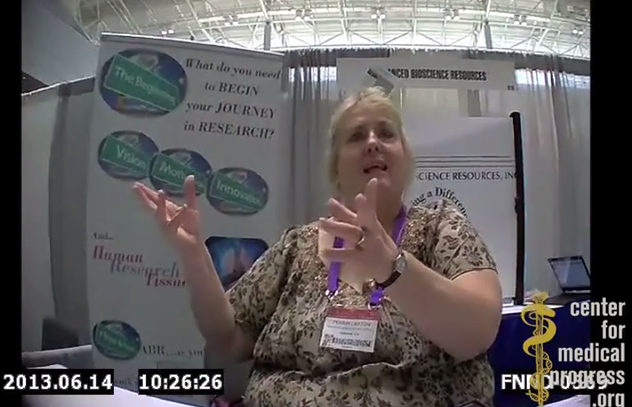The Center for Medical Progress’s undercover video project did a lot of damage to Planned Parenthood when it revealed the abortion giant’s baby body parts operation last year.
Now, Planned Parenthood is trying to prohibit anyone from trying to expose its horrendous practices ever again. The abortion chain is pushing a dangerous piece of legislation in California that would punish journalists and even whistleblowers who record undercover footage at one of its facilities.
California Assembly Bill 1671 would make it a crime to record and publish undercover footage of “health care providers”; an original version of the bill also would have punished third parties, including journalists, who report or distribute the footage, the Courthouse News Service reports. First-time violations include fines of up to $2,500, but repeat offenders could face jail time, according to the report.
According to CNS, “a journalist receiving and posting footage from an anonymous source could be punished by the state as well as be opened up to potential civil lawsuits. Whistleblowers would not be exempt from the proposal either, regardless of how they obtained the illegal footage.”
Amid uproar from the media, pro-abortion lawmakers made a last-minute concession on Tuesday and amended the bill to punish only those who actively participate in making the recording.
But that was not enough even for Planned Parenthood’s friends in the media. On Wednesday, The Los Angeles Times editorial board published a strong op-ed against the bill.
The editors wrote:
State law already makes it a criminal violation of privacy, punishable by up to 3 years in prison, to use an electronic device to listen in on or record people without their permission. Gomez’s bill ups the ante by making it illegal for the eavesdropper to disclose or distribute “in any manner, in any forum,” what that person heard or recorded, if the victim is any type of healthcare provider. That prohibition would apply regardless of what the heathcare provider was discussing — not just sensitive details about patients, but also private conversations about fees and billing practices, drug marketers, or plans for the weekend.
Why a healthcare provider merits special protection even when discussing things that don’t involve patient privacy is mystifying.
Planned Parenthood does expect special treatment and often gets it from the media and others. It’s good to see that some prominent news outlets are finally noticing.
SIGN THE PETITION! Congress Must De-Fund Planned Parenthood Immediately
The editors concluded:
But make no mistake, this measure would heap more criminal and civil penalties on making a secret recording — an act that’s already prohibited by state law, even when done in the public interest — simply to satisfy an interest group popular among Sacramento Democrats. In fact, it would further disincentivize potential whistleblowers from recording malfeasance when they witness it — for example, a patient who sees her doctor handing out opioid prescriptions like candy, or a farm worker who catches a veterinarian approving a sick cow for the slaughterhouse. The potential for unanticipated and unwelcome consequences is huge.
The editorial board explained how undercover investigations are important because they can result in “sharing or reporting on legitimate, valuable and even potentially life-saving undercover video work.” Unfortunately, the editors also criticized the life-saving undercover work that the Center for Medical Progress did to expose horrors inside the abortion industry. It seemed to be the LA Times editors’ way of telling Planned Parenthood that even though they oppose the abortion chain on this measure, they support its abortion business.
The LA Times is not alone. Numerous California news outlets and even the American Civil Liberties Union of California, which often partners with Planned Parenthood on legal cases, also are opposed to the bill.
The bill already passed the California Assembly. It is awaiting action in the state Senate. If it becomes law, legal experts predict the state will face lawsuits challenging it as an infringement of the First Amendment freedom of the press.








